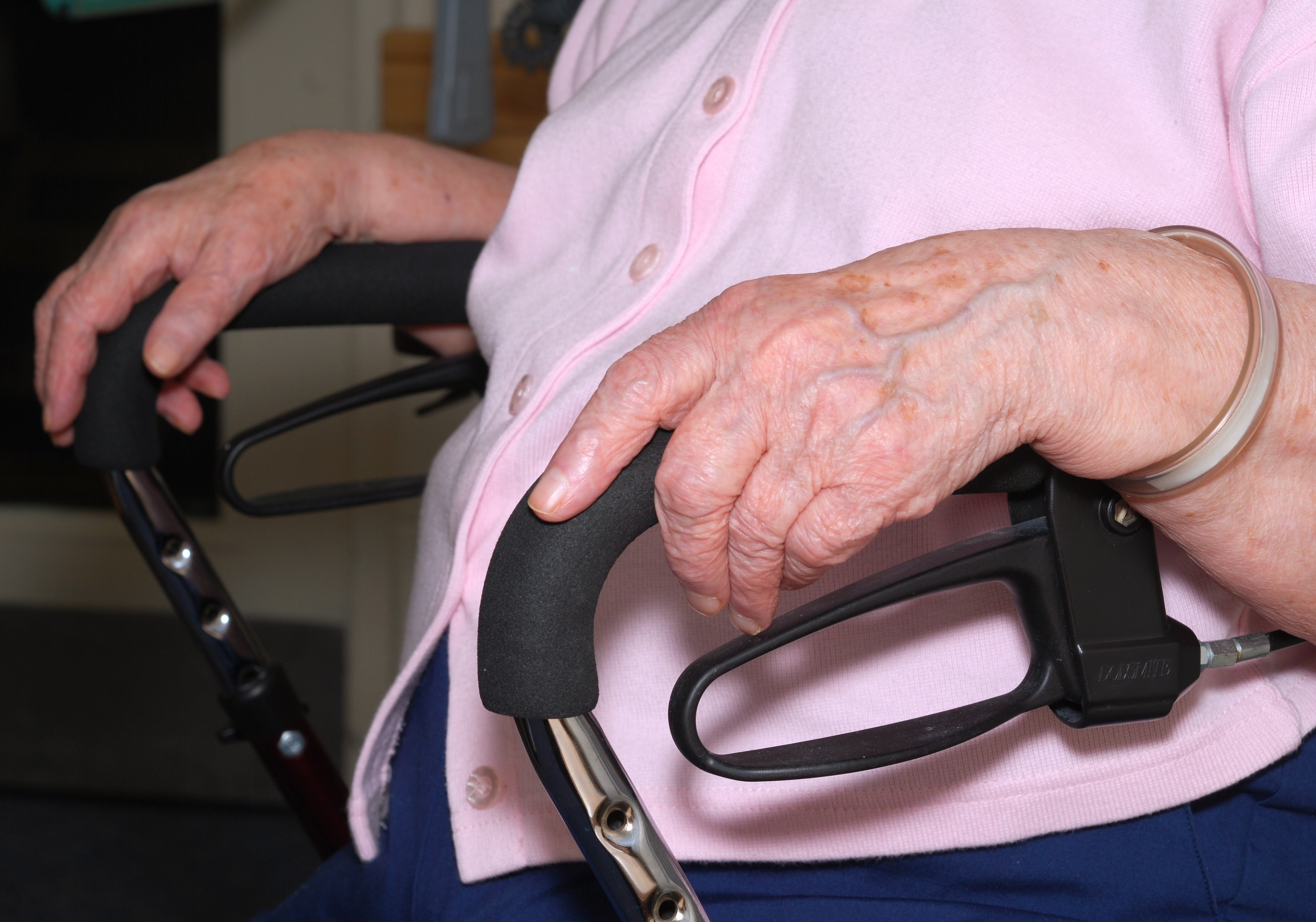By Rebecca Jackson
Reablement, or enablement is the process of rehabilitating people to allow them to regain some or all of their independence. Often promoted as a form of intermediary care, reablement programmes are recommended for patients who have had a stay in hospital, in order to reduce dependence on the local social care system or traditional ‘care at home’ programmes.
They often result in longer periods of one-to-one contact than ‘care at home’ programmes – trained professionals work with patients and their family to encourage and promote the achievement of personal goals. It also provides an intermediary stage between health care and social care, which can help the patient transition. Effective reablement programmes are an example of health and social care bodies working together to deliver holistic, person-centred care.
What makes an effective reablement programme?
Reablement programmes cover a range of everyday tasks such as how to tackle stairs, how to wash and dress and how to prepare and cook meals. It encourages service users to develop the confidence and skills to carry out these activities themselves in order to continue to live at home.
The programmes are planned and delivered by trained reablement professionals – they involve home care staff working in tandem with physiotherapists, occupational therapists and other health professionals.
Much of the literature around reablement (enablement) practice centres on core issues which are vital to ensure success:
- focus on early intervention and prevention;
- a positive, enabling, co-productive approach adopted by all;
- a workforce with an ethos of working with people, rather than doing something to them;
- the active participation of the service user and their family in reablement;
- ongoing training for staff;
- information and support for families and carers;
- integration and collaborative working between health, housing and social services;
- strong leadership in commissioning, and adequate funding of services to deliver sustainable outcomes;
- evaluation that incorporates both social and financial service outcomes to demonstrate value;
- good quality assessment by a practitioner with the right skills and abilities to determine an effective programme.
Reablement in local authorities
Research has shown that these intensive programmes are effective. A 2007 study for the Department of Health’s Care Services Efficiency Delivery Network found that up to 68% of people no longer needed a home care package after a period of reablement, and up to 48% continued not to need home care two years later.
Almost all of England’s councils are planning, implementing or running a reablement service. One driver is that it is seen as a tool for managing the costs of an ageing population. In the UK, reablement programmes usually last for 6 weeks, at which time care is either passed to a social worker, adult social care team, or patients are asked to pay for the continuation of the programme themselves.
Reablement has been criticised as expensive, and time- and resource-intensive. Like any service working with vulnerable people, it can also be difficult to demonstrate value as there are differing success rates for different patients. However, interviews conducted with people who have received reablement packages have suggested the emotional and long term benefits are significant as are potential savings to care budgets in the future. This is especially the case in terms of the cost of readmission to hospital, which studies have found is reduced in cases where people received effective reablement care.
The local authority in Croydon was recognised in 2013 for its work in promoting and expanding reablement practices. They also developed a programme of pre-ablement, which saw training delivered to vulnerable people before they became unable to carry out tasks. By showing them alternative ways to do tasks, they were able to change things before being forced to. This preventative approach worked within the local authority and is something which could be considered more widely as pressure increases on local authority funding and care capacity.
There is a growing consensus that properly funded and effective preventative services, such as reablement, can deliver cost-savings to health and social care services, as well as improving the lives of patients.
Follow us on Twitter to see what developments in public and social policy are interesting our research team.
Read some of our other bogs on health and social care:
Share
Related Posts
By Donna Gardiner While free school meals (FSM) have been available in England on a means-tested basis since 1944, recent years have seen a renewed focus upon the potential benefits of providing free school meals to all school-aged children. Currently, ....
Today sees the start of Community Garden Week 2023. Across the UK, communities will be celebrating the many and varied types of community gardens, from children’s and neighbourhood gardens to therapy gardens and allotments. The benefits of community gardens are ....
By Hollie Wilson At the start of 2020, an independent review was published setting out what needed to be done to bring about changes to the care system for children and young people in Scotland. At the heart of the ....
The “No Wrong Door” (NWD) programme means exactly that – there is no wrong door to turn to for young people seeking support. NWD works on several core principles, which include working with young people’s birth family or guardians, allowing ....


